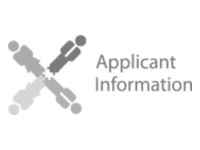
Integrate Your EHR/EMR System With Ease
We can integrate any major EHR/EMR platform that allows you to provide an unbiased, tailored solution not tied to any vendor.
Contact UsWe can integrate any major EHR/EMR platform that allows you to provide an unbiased, tailored solution not tied to any vendor.
Contact UsEMR/EHR integration services for healthcare providers serve as a critical technological bridge that facilitates the exchange and management of patient information across diverse healthcare systems. It’s all about bringing together patient data from multiple places like labs, pharmacies, or outpatient services into one easy-to-use, fully connected digital health record. The essence of EHR/EMR integration lies in its ability to streamline clinical workflow, improve patient care coordination, and support evidence-based treatment decisions by offering a real-time view of a patient’s medical history.
EHR/EMR integration is fundamental in pushing forward care that truly centers on the patient. Through efficient data exchange, healthcare professionals can reduce information redundancy, avoid clinical errors, and deliver more personalized care. In the broader context of public health, integrated EHR systems play a crucial role in disease surveillance and management. It enables the healthcare system to identify and respond to emerging health threats quickly.
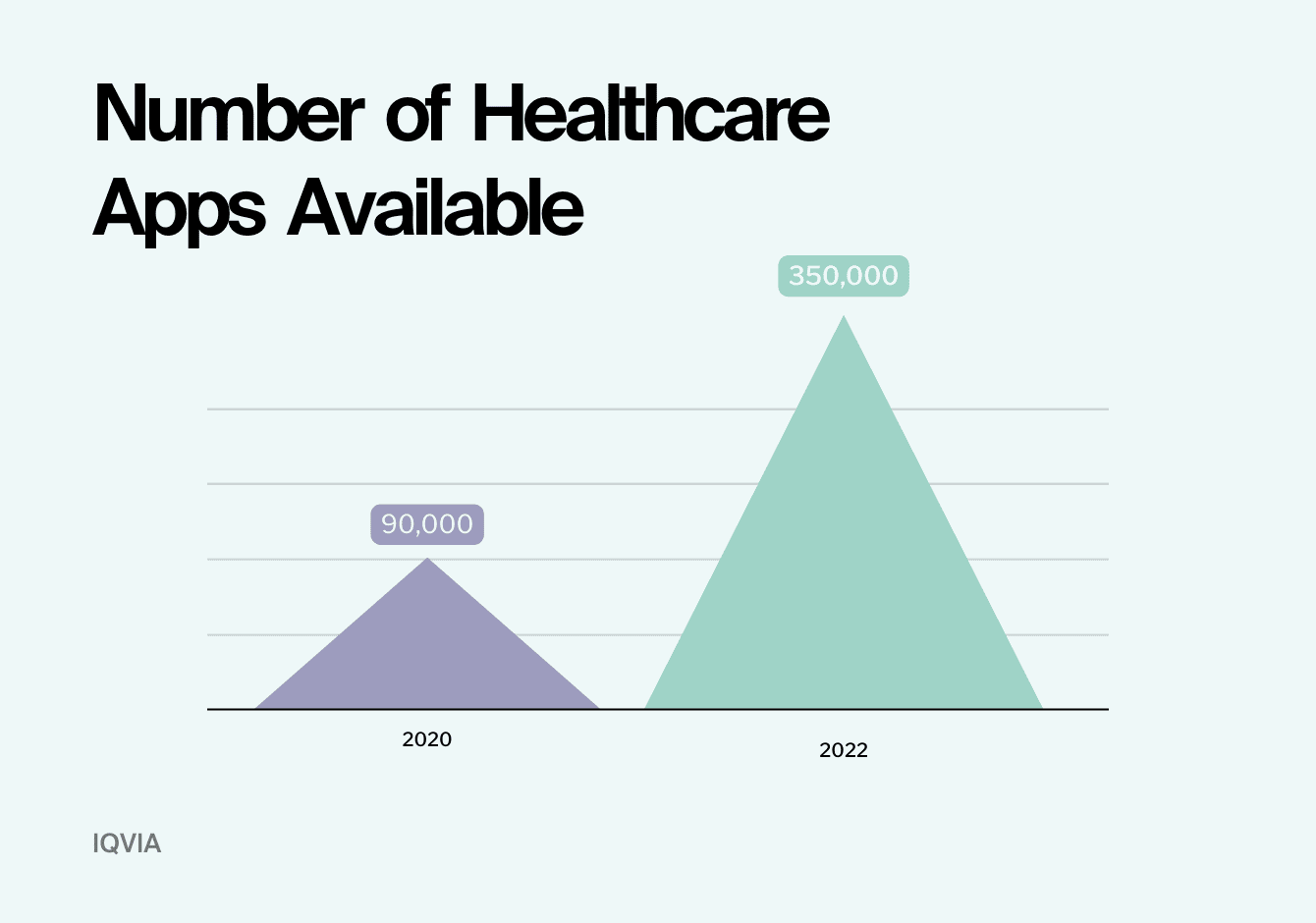
Explore How EHR/EMR Integration Can Streamline Your Operations, Improve Medical Care, And Ensure Data Accuracy
Request a ConsultationAt Empeek, we specialize in enhancing healthcare delivery through comprehensive EHR integration, bridging the gap between advanced medical software and traditional healthcare systems. Our integration services are designed to ensure hospital systems can leverage the full spectrum of digital health technologies.
We help businesses improve patient engagement by empowering their clients to take an active role in their healthcare journey. The integration services enable streamlined appointment scheduling, effortless access to personal health records, and active participation in health management practices.
Learn MoreOur revenue cycle management integration service helps healthcare practices optimize financial workflows, encompassing billing, coding, and claims management. This improves the financial performance of the business by minimizing errors and accelerating reimbursement processes.
Learn MoreEmpeek’s integration services extend the capabilities of EHRs to include telehealth functionalities. This allows providers to offer remote consultations, follow-ups, and patient monitoring. It also ensures continuity of care and expands access to healthcare services.
Learn MoreOur telemedicine integration services facilitate remote diagnostics and comprehensive treatment planning. This ensures effective documentation and management of remote medical interactions within the patient’s EHR, promotes better patient health outcomes, and expands the scope of virtual care.
Learn MoreIntegrating Medical Internet of Things (IoT) devices with Electronic Health Records unlock new dimensions in preventative medicine and data-driven care. From wearable health monitors to in-home diagnostic tools, we ensure that real-time data flows directly into EHRs, providing clinicians with actionable insights at the point of care.
Learn MoreOur messaging app integrations offer secure, HIPAA-compliant channels for providers to collaborate on patient care and for patients to communicate with their healthcare teams. This ensures that vital information is shared efficiently and securely, enriching care coordination.
Managing chronic conditions requires continuous oversight and personalized care plans. By integrating chronic management solutions into EHRs, we enable healthcare providers to track patient progress, adjust treatments, and coordinate care across multiple specialties, all within a unified patient record.
Learn MoreWe understand the sensitivity of mental health records and their importance in providing robust support for treatment continuity. Our goal is to help mental health practitioners get access to therapy notes and treatment plans all within a secure and compliant framework.
Learn MoreOur approach is tailored to meet the unique needs of each healthcare organization, securing uninterrupted integration, augmented healthcare procedures, and optimized operational efficiency. With a deep understanding of the complexities involved in healthcare IT, our methodology is designed to navigate these challenges effectively, from initial discovery to ongoing support.
The foundation of our integration process begins with a comprehensive discovery and analysis phase. During this stage, we closely collaborate with healthcare providers to understand their specific needs, workflows, and the existing IT ecosystem. This thorough understanding enables us to identify the most critical integration points and lay the groundwork for a tailored solution.
Armed with insights from the discovery phase, we proceed to design a bespoke integration solution. This step involves mapping out the architecture of the integration, selecting the appropriate standards and protocols (such as HL7, FHIR, and ETL), and ensuring that the proposed solution aligns with the client’s objectives. Our focus is on creating a scalable and secure architecture that supports continuous data exchange.
Our team uses cutting-edge technologies and standards to guarantee robust integration. We employ HL7 for healthcare messaging, FHIR for enabling easier access to healthcare data, and ETL processes for efficient health data integration and transformation. Once the system is ready, we implement rigorous testing to validate the functionality, security, and performance of the integration, proving it meets the highest healthcare industry standards.
Post-implementation, Empeek provides ongoing software support to address any challenges swiftly and ensure the integrated system operates smoothly. Our comprehensive support services include troubleshooting, periodic updates, and system enhancements. It helps our clients maintain system integrity over time.
At the heart of our methodology is a focus on achieving interoperability among diverse healthcare applications. We design our integration solutions to transfer data securely across various healthcare applications and platforms. The goals are to facilitate better collaboration, improved data analytics, and enhanced patient treatment records.
We focus on flexibility and customization to address each client’s unique environment and needs. Whether it involves modernizing legacy systems or incorporating cutting-edge technologies, our integration methods are designed to efficiently unify healthcare IT ecosystems.
Health Level Seven (HL7) is the gold standard for exchanging information between medical applications. Our HL7 integration method facilitates the secure transfer of clinical and administrative data among different clinical systems. As a result, information such as patient medical records, billing system details, and treatment histories are accurately shared and understood across platforms. This method is essential for advancing healthcare interoperability and supporting real-time decision-making in clinical environments.
Application Programming Interface (API) serves as the building block for connecting disparate software applications. Our API integration approach enables secure, direct communication between healthcare software, that allows efficient exchange of data. This method is pivotal for creating a cohesive healthcare IT infrastructure that supports a wide range of services, from patient portals to electronic health records (EHRs).
In many healthcare environments, clinical data is siloed across various databases and systems. Our database and system consolidation method aims to centralize this data to reduce redundancy and improve data integrity. We strive to facilitate a unified view of patient information, streamline workflows, and enhance the efficiency of data retrieval and analysis.
Our cloud-based integration services enable healthcare organizations to manage and analyze vast quantities of data much faster. This approach enables healthcare organizations to store and manage vast amounts of clinical data online securely. Cloud integration is crucial for supporting remote healthcare services, and other digital health initiatives that require real-time access to patient data.
Recognizing that one size does not fit all, we develop custom endpoints and connectors tailored to the specific requirements of each healthcare provider. This way even the most unique or proprietary systems can be integrated into the broader IT ecosystem. Custom solutions are designed to address specific challenges to enable seamless data exchange between otherwise incompatible systems and applications.
ETL processes are vital for managing the flow of data between systems. It involves extracting data from various sources, transforming it into a consistent format, and loading it into a destination system. This process is critical for data integration projects and involves large datasets, verifying that data is consolidated, cleansed, standardized, and ready for analysis. ETL is foundational for data warehousing and business intelligence efforts in healthcare settings.
Get a Customized EHR/EMR Integration Plan for Your Practice
Contact Us
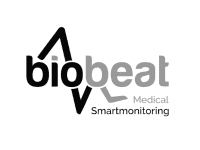
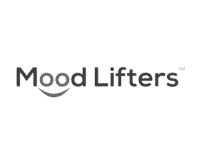
PROJECT SUCCESS
The newly developed platform:
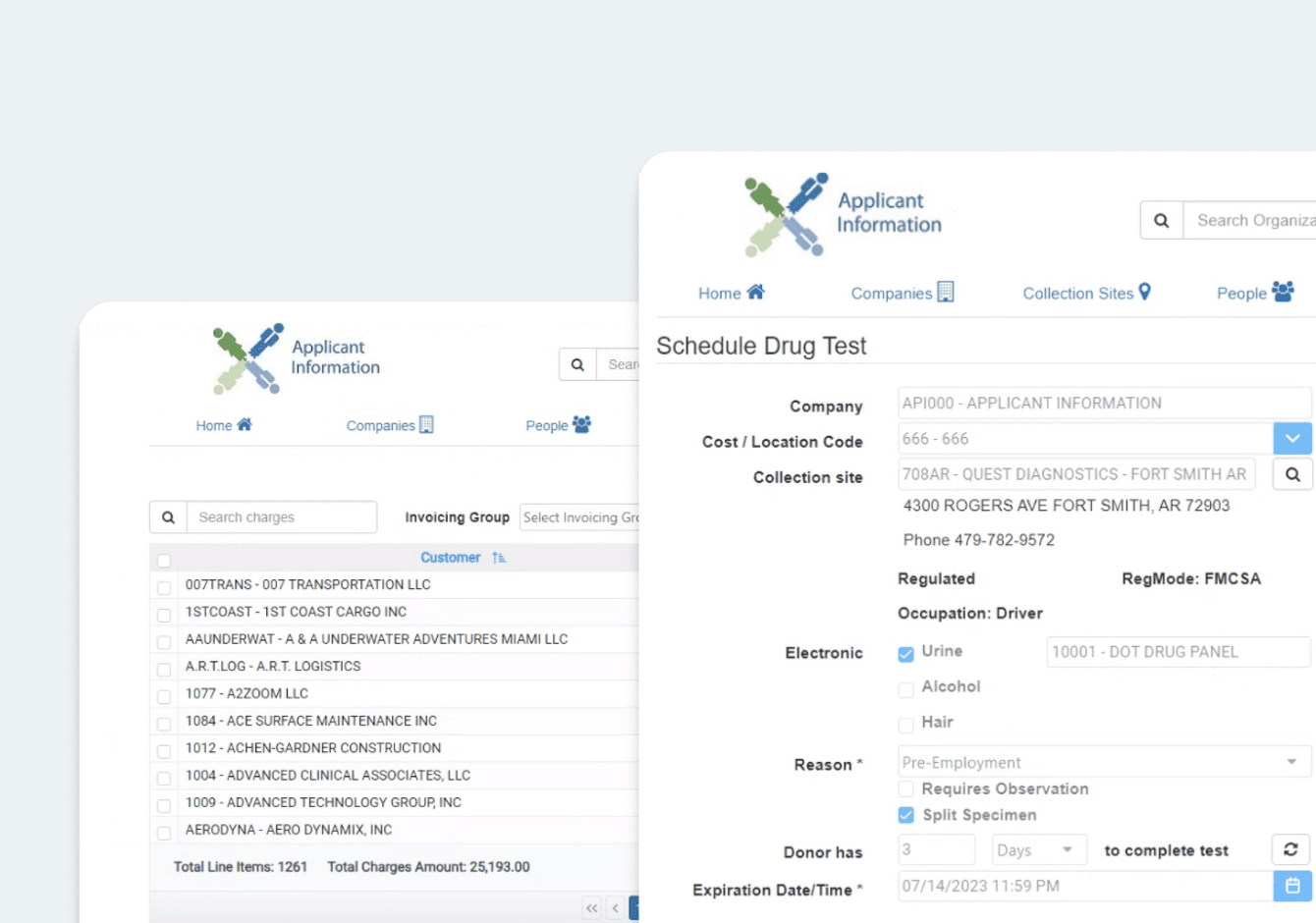
PROJECT SUCCESS
What we achieved:
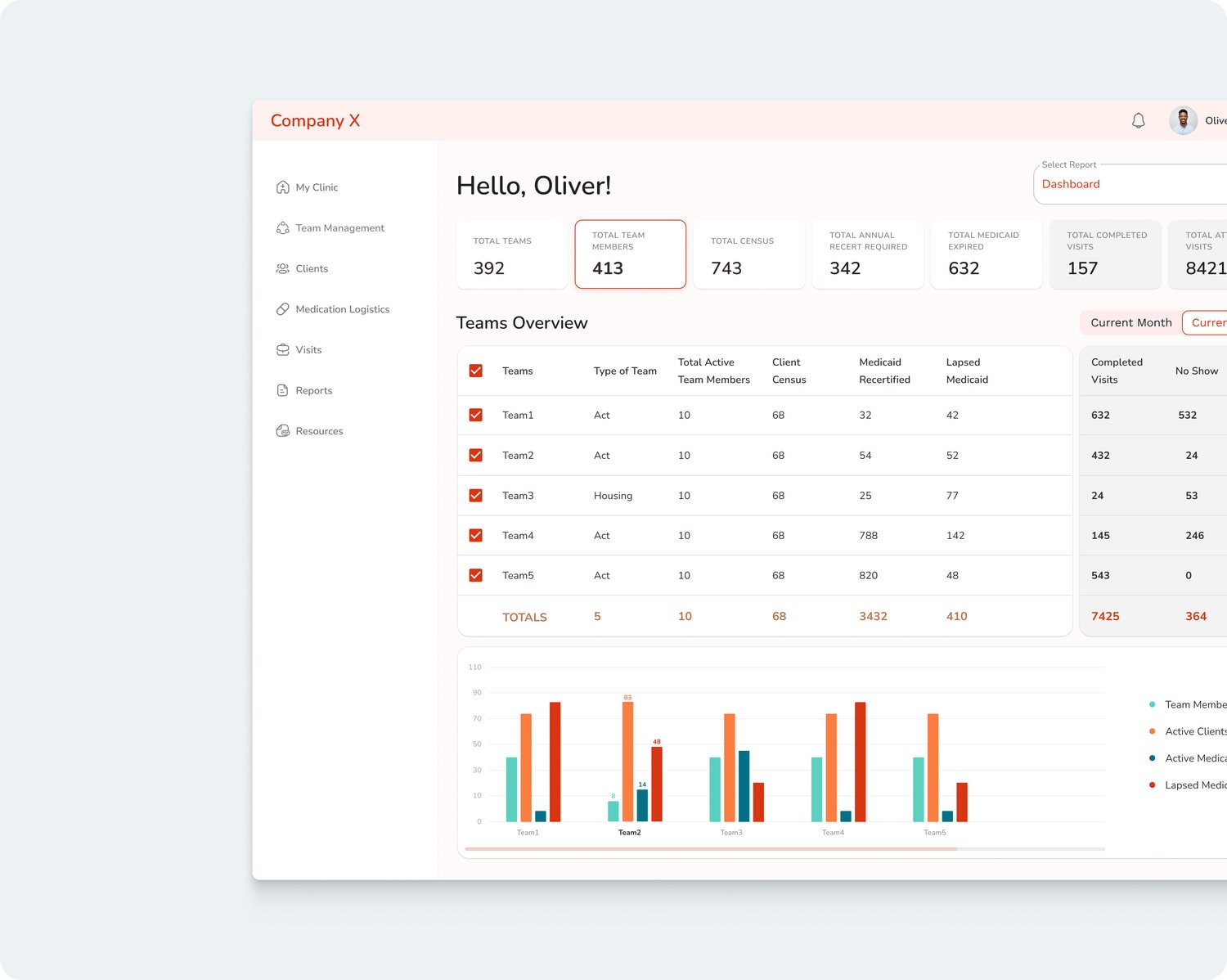
EHR integration involves connecting various healthcare applications to an Electronic Health Record (EHR) system, enabling secure data exchange and access within a healthcare provider’s digital ecosystem. This process improves clinical workflows, medical practices, patient safety, and operational efficiency.
The cost of EHR integration varies widely, depending on the complexity of the project, the number of systems to be integrated, and the specific requirements of the healthcare providers. Projects can range from tens of thousands to several hundred thousand dollars.
EMR system interoperability refers to the ability of Electronic Medical Records (EMR) systems to communicate and exchange information effectively across different healthcare platforms and devices. It makes sure that patient data can be shared seamlessly and securely between many different healthcare providers, enhancing the continuity and quality of care.
Data types that can be integrated into an EHR system include patient demographics, medical histories, lab results, imaging reports, medication records, billing information, medical history, and more. Essentially, any data that contributes to a comprehensive view of a patient’s health journey can be integrated.
Yes, EHR integration involves the management of sensitive patient data and raises concerns regarding security and privacy. To ensure the protection of data, it requires strict compliance with healthcare regulations such as HIPAA in the U.S., the use of encryption, the implementation of access controls, and the conduct of regular security audits.
Yes, ongoing support is typically offered after the integration project is complete. This includes troubleshooting, updates, and optimization services to guarantee the integrated system remains efficient, secure, and aligned with the healthcare provider’s evolving needs.
The right integration approach is determined through a comprehensive analysis of your current IT infrastructure, workflow requirements, and future goals. This involves consultations, system assessments, and a strategic planning phase to identify the most effective and scalable integration solution.
Methods used for EHR/EMR integration include API integration, HL7 interfacing, custom middleware development, and the use of healthcare interoperability standards like FHIR. The choice of method depends on the specific needs and existing systems of the healthcare provider.
The duration of a typical EHR/EMR integration project can vary from a few months to over a year, depending on the project’s scope, the systems involved, and the complexity of the integration. Careful planning and clear communication throughout the project are key to meeting timelines efficiently.